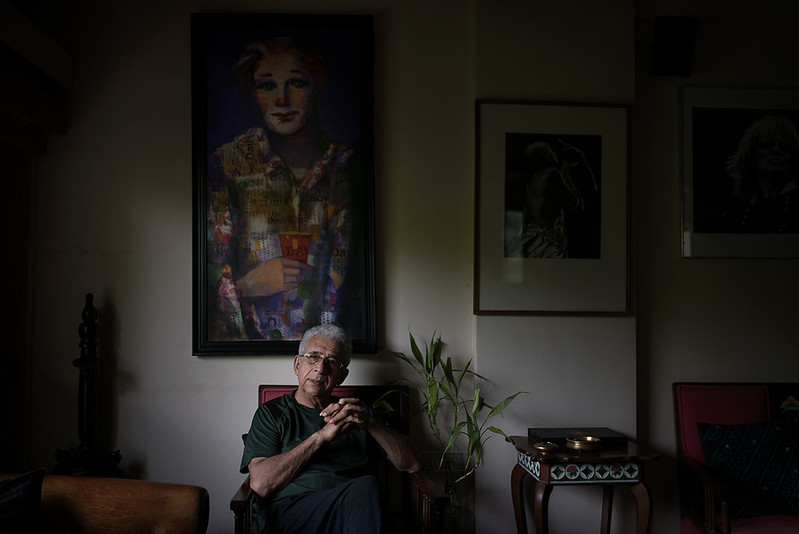By Raj Lalwani, TwoCircles.net
It is a little intimidating, one must admit, to be sitting in front of an acting powerhouse, someone whose art and craft you have deeply admired. My conversations with Naseeruddin Shah fleeted from religion to Hindi cinema to Bombay or Mumbai, and the city that it has become.
“When my children were in school, there was a form that Ratna (Pathak Shah) and I were supposed to fill. It had a section where one needed to specify the religion of the child. We refused to fill it. In fact, we told the school that it was up to us to instil in our children an awareness of different religions, but let them be free to choose the religion they wish to, if any at all, after they grow up.”
“I was told,” he says, “at the age of five, by the maulvi that all Muslims will go to heaven and all non-Muslims will go to hell. I was extremely upset and questioned the thought. My best friend was a non-Muslim, why should he go to hell? Religion, which was perhaps created to unify, why should that be a reason to divide?”
Over the years, Naseer has played characters of different faiths and backgrounds—Muslim, Hindu, Parsi, Catho… while his portrayals have usually been nuanced, doesn’t Hindi cinema stereotype the way Muslims are generally depicted? “What does Hindi cinema not stereotype?” he asks. “It stereotypes religion, it stereotypes class, it stereotypes professions…”
As we discuss the city and its transformation, he takes the taxi driver as a reference point and says, “There was a time in Bombay, that you couldn’t differentiate a Hindu from a Muslim. You would get into a taxi, tell him your destination and he would drive off. Unless he told you his name, there was no visual signage that would tell you his faith. No inscriptions of Islam, no Hindu idol. Today, not only do they regularly refuse fares, there’s also a growing sense of assertion of one’s identity, whatever religion they belong to. And these taxiwallahs are representative of what seems to be happening to the city in general.”
TCN series: Ramadan 1436

